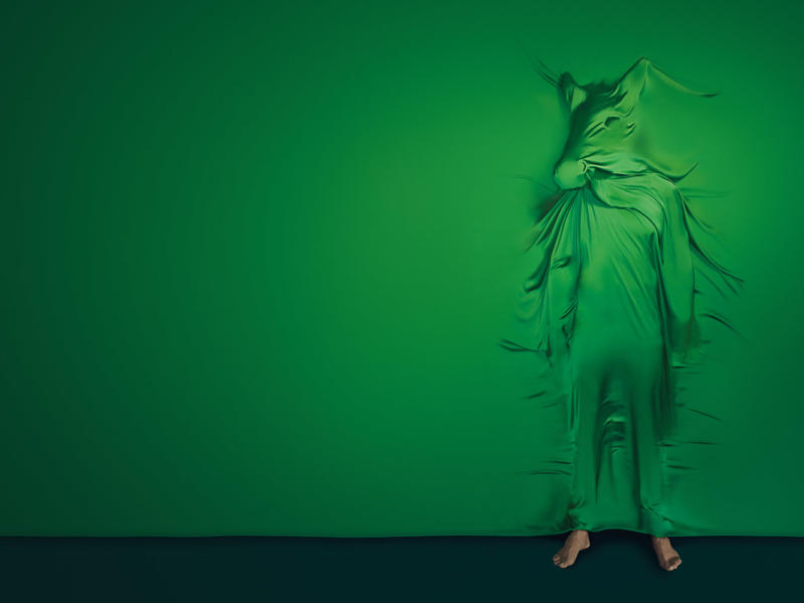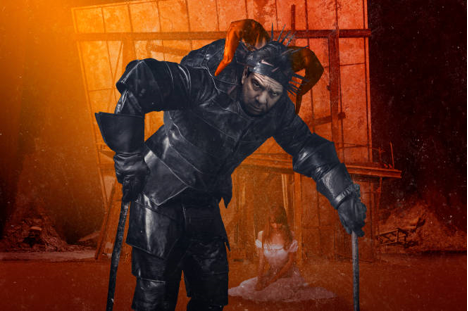From the House of the Dead at the Royal Opera House
Image taken from the Royal Opera House website
Gosh, how depressing! Leos Janacek wrote his opera, From the House of the Dead, in the year of his death in 1928. The opera is effectively a play within a play, set in a Siberian prison, where individual prisoners narrate episodes of their lives.
Out of a cast of 24 there are 12 tenors, 8 baritones, 2 basses and only 2 mezzo sopranos. A really strange mix with – unusually for Janacek – only one main female role in this production, that of the prostitute, who provides the only bit of colour to the whole of the opera. The role of Aljeja, which is written for a mezzo soprano, is here played by a camp young tenor, Pascal Charbonneau. This is a very dark piece indeed, reflecting Janacek’s lover’s indifference to his amorous feelings as he approaches death.
This production was directed by the in-demand Polish Theatre and Opera Director, Krzysztof Warlikowski, making his UK debut. He is known for his staging of modern/contemporary productions and in this he does not disappoint. In almost every other respect, he does. His depiction ignores Janacek’s description of the dark workhouse prison and instead, the action is set in the playground of an American prison with a basketball pitch as its main theme. However, cutting through the somewhat turgid setting, the direction of all the singers – whether they were playing basketball, watching a play within a play, or accessing their in-house prostitute – was adequate.
The music is conducted by the British Conductor Mark Wigglesworth and the orchestra is certainly on fine form. Unusually, however, Janacek’s rich dark score is never really allowed to warm up during the evening, despite the outstanding singing form some of the principles and the chorus. A number of them stand out, particularly the imperious Graham Clark as the elderly prisoner, Willard White as Gorjancikov, Allison Cook as the prostitute, Peter Hoare as Sapkin, Nicky Spence as Nikita, Johan Reuter as Siskov and Alexander Vassiliev as the prison governor.
There is a distinctive ‘tinta’ in each of Janacek’s operas, but despite the memorable role played by the chorus in this opera, it cannot be saved from a production that rather makes you feel like slitting your wrists when you leave the theatre. Is this really what opera is all about?
David Buchler







